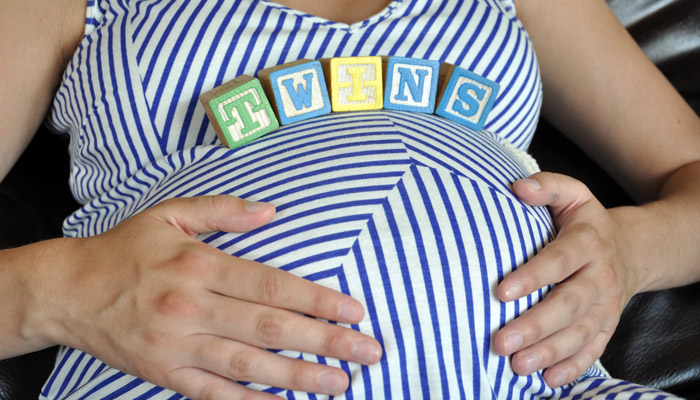
Prepping for Pregnancy with Multiples
Being pregnant with multiples is a unique experience. According to the CDC, twins account for only 33.4 out of 1,000 live births, while triplets and beyond produce a mere 101.4 live births out of 100,000. Because of the rarity of these pregnancies, there are special needs and circumstances mothers expecting multiples should consider as they nurture the lives growing inside of them.
More Nutritional Needs
Proper nutrition is an essential part of any pregnancy but becomes an even greater concern when nourishing two or more babies. Whereas single pregnancies do not require a higher caloric intake during the first trimester, women carrying twins should consume around an extra 300 calories a day. This increases to around 600 calories per day during the second trimester and 900 calories during the third. For women carrying triplets, these numbers are 450, 1,000, and 1,350 calories respectively.
More Vitamins
In addition to needing more energy, women who are pregnant with multiples also have greater vitaminrequirements. In particular, increasing folic acid intake contributes to healthier pregnancies with multiples, and can lower the risk of birth defects. Women expecting twins need approximately 1mg of folic acid per day, while expecting mothers of one require about half as much.
More Frequent Checkups
Mothers expecting multiples should also expect to see their obstetrician more frequently. Because these pregnancies come with a higher risk of complications, they require additional monitoring to ensure that the babies are developing healthily. Of course, this isn’t all business – more ultrasounds mean more chances to see your little ones as they grow!
More Severe Symptoms
Carrying more than one child can also mean carrying a heavier burden of pregnancy symptoms, such as morning sickness and ligament pain. As with any pregnancy, women experiencing symptoms that increase in severity, do not dissipate over time, or become debilitating should consult their obstetrician to ensure that these are not indicative of a bigger problem.
More Complications
Pregnancies involving multiples are at a greater risk for complications for both mother and children. Gestational diabetes, preeclampsia, bleeding, and premature labor occur more frequently in these pregnancies. Additionally, giving birth to more than one baby is more likely to result in a c-section. Due to this higher risk factor, it is essential that mothers expecting multiples attend all scheduled appointments with their obstetrician and speak up about any concerns as soon as they arise.
For additional questions talk with your doctor at Women’s Medical Associates of Nashville.
